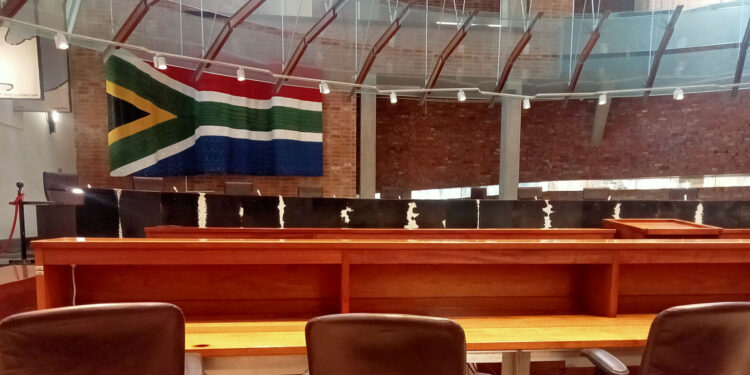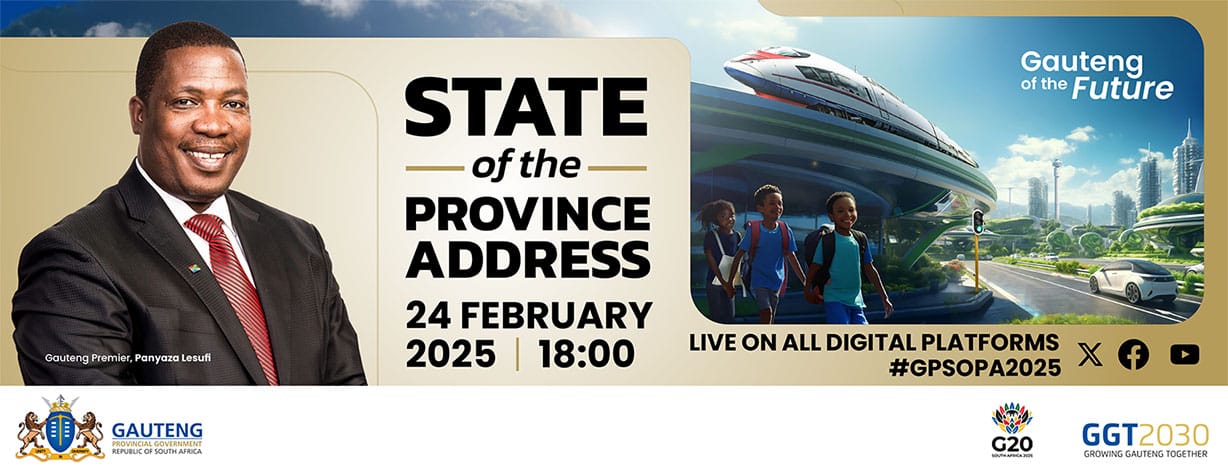After the final tally of ballots in South Africa, the election outcome defied expectations, with no political party securing a clear victory, marking a historic turning point. This unexpected result has led to a political vacuum, necessitating the formation of a coalition government as no party commands a majority.
The absence of a definitive winner has elicited diverse reactions among the public. Nozibele Notyalwa expressed feeling empowered by the lack of a clear victor, interpreting it as a sign of a desire for change and a rejection of the status quo. She sees an opportunity for new voices and perspectives to emerge in the political arena.
However, the uncertainty resulting from the lack of a decisive winner could lead to policy instability, leaving the public unsure about the government’s direction and causing unease within the political system.
Christopher Beukes views the situation as a chance for enhanced collaboration and compromise among political parties. He believes that different parties can come together to address crucial issues and find common ground in governance. Nevertheless, the absence of a clear winner may also deepen political polarization and societal division.
In democratic nations like South Africa, the legislative body, Parliament, plays a pivotal role in crafting laws and ensuring government transparency. Through a proportional representation election, Members of Parliament (MPs) are elected to represent and advocate for the interests of the nation’s citizens.
This system ensures that Parliament remains directly accountable to the people of South Africa.
The impact of no party securing a victory may prompt shifts in policy priorities and governance approaches. It is crucial for individuals to stay informed, have their political questions answered, and navigate this uncertain landscape effectively.”
Thulisa Nyathi
Soweto Sunrise News
Pharma Dynamics’ Heart-healthy Cookbooks clinches top spots at Global Cookbook Awards
South African heart-health is in the global spotlight this month, with Pharma Dynamics celebrating two major honours at the 30th Gourmand...


































